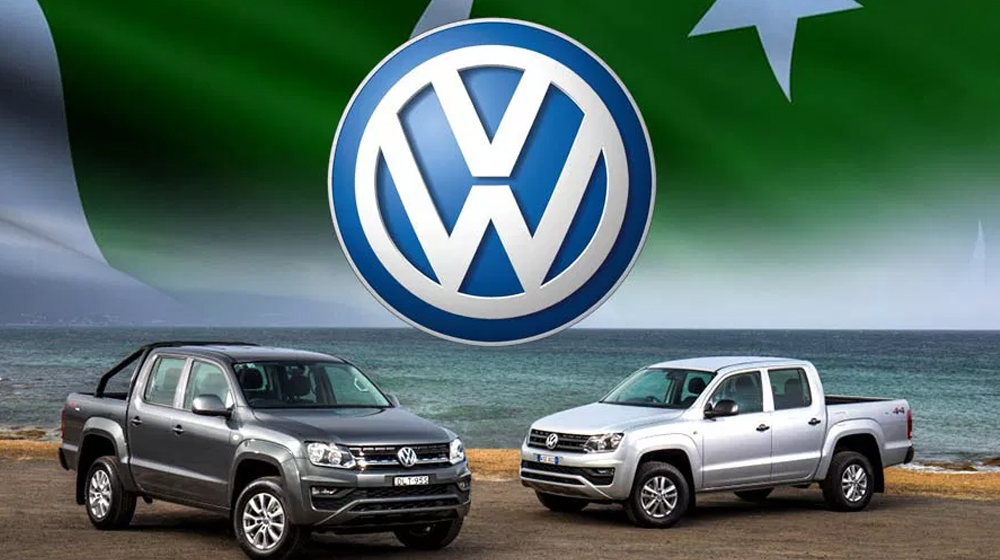
Volkswagen has signed a final agreement with Pakistan Premier Motors (PML) for manufacturing and assembly of commercial vehicles in Pakistan.
The agreement between both companies is based on the licensing contract of a completely knocked down (CKD) assembly plant in Karachi.
The world’s largest automobile manufacturer is collaborating with Pakistan’s authorized importer of Audi cars to assemble Transporter T-6, Amarok, Skoda, and Caddy.
This venture is going to help a lot in terms of vehicle supply in the country and would prove to be a great contribution to Pakistan’s automotive industry.
As per the details, the VW project is expected to generate a maximum of 500 million euros annually in exports and 200 million euros in duties and taxes for Pakistan.
These figures imply that the German automobile manufacturer is planning to export vehicles from Pakistan to other countries in the region.
ALSO READ
Volkswagen Is Coming to Pakistan
In the first phase, Volkswagen will assemble 28,000 units T-6 light commercial vehicles (LCVs) and Amarok. In the second one, it will assemble Caddy while in the final phase, it will assemble Skoda vehicles.
These projects are expected to generate 5,400 jobs with 1,400 being direct ones.
Pakistan’s Commercial Wing in Berlin has been engaged with the two companies for two years. Its efforts resulted in the signing of a letter of intent on June 22, 2017, in this regard.
Earlier, French automobile manufacturer, Renault, partnered with Al-Futtaim to enter the Pakistani market. Not only this, but there are going to be new entrants from South Korea and China as well.
Soon, the domination of the three Japanese assemblers will end in Pakistan which have not yet localized car production for several years.
It is pertinent to mention here that the previous government had launched an Automotive Development Policy 2016-2021 in order to break the monopoly of the three Japanese assemblers in Pakistan’s automotive sector.